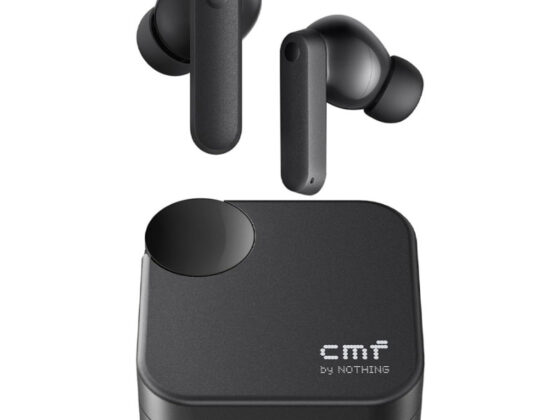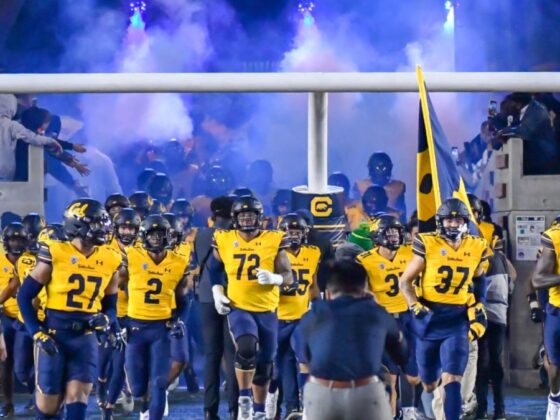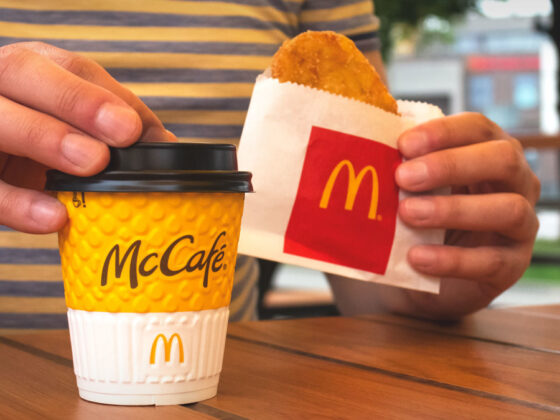There are very few types of businesses these days that are set to weather the retail apocalypse.
Such a name indicates that there might be very few survivors, and that the aftermath might be scary and filled with zombies willing to do anything to see another day.
Related: Famous retail chain makes two more alarming store closures
And, to an extent, that's not a poor depiction.
While it sounds like a hyperbolic phrase, the retail apocalypse is aptly named.
Very few retailers have come out of the past few years unscathed. Covid brought chaos and confusion to almost all of them.
Few were prepared to weather weeks — or in some cases, months — of prolonged closures and backed-up supply chains. So a lot of them went out of business.
The American Bankruptcy Institute estimates that about 60% of businesses that closed during Covid never reopened again. And those that made it out to the other side were either forced to cut costs, streamline business, lay off employees, get acquired — or all of the above.
It's also hard to discuss the retail apocalypse like it was a past event. In many cases, this seeming once-in-a-generation disruption is still very much ongoing.
Just ask your favorite brick-and-mortar retailer next time you pay them a visit.
Image source: Shutterstock
Some sports retail chains are different
It seems like nobody is safe from the retail apocalypse.
Movie theaters, department stores, craft and hobby shops, and even grocery stores have seen a huge consolidation in recent years as customers opt for more convenient (and often cheaper) options.
More Retail:
- Lowe's launches massive early answer to Amazon Prime Day
- Troubled mall chain weighs a sale amid worrying customer trend
- Home Depot makes clear statement amid boycott threats
- Struggling mall retailer closing more stores amid alarming trend
This has translated into a lot of closures as companies go back to the drawing board to figure out how to continue. Often, it even means mass closures or bankruptcy.
But sporting goods stores are a different story.
Many have been able to weather a change in the retail landscape, since they offer what online retailers cannot: experience.
If you're shopping for anything from hiking boots to a golf club, there's a good chance you'd like to go and try it out before you make the purchase.
So plenty of sporting goods stores have been able to stay open relatively unscathed — despite (or, perhaps, because of) their massive inventory.
Popular sports chain going private
But that doesn't mean every business is safe.
Big 5 Sporting Goods, a popular value sports chain, has agreed to go private as it is acquired by Worldwide Golf and Capitol Hill Group in an all‑cash deal worth nearly $113 million.
Related: Troubled mall chain weighs a sale amid worrying customer trend
Big 5 operates over 400 stores, primarily clustered around the western U.S.
It sells items, often at a discount, including:
- Sneakers
- Athletic clothing
- Sports accessories
- Outdoor equipment
Most stores are large, averaging about 12,000 square feet. And sales have been lagging. It reported a net loss of $69.1 million in fiscal 2024.
Worldwide Golf is a popular golf retailer with a successful online business and nearly 100 stores.
Capitol Hill Group is a private equity firm based just outside of Washington, D.C.
The deal has already been approved unanimously by Big 5's board; however, it still needs approval from stockholders.
If it is approved, the deal is expected to close by the end of 2025. And once it does, Big 5 will delist from the Nasdaq.













